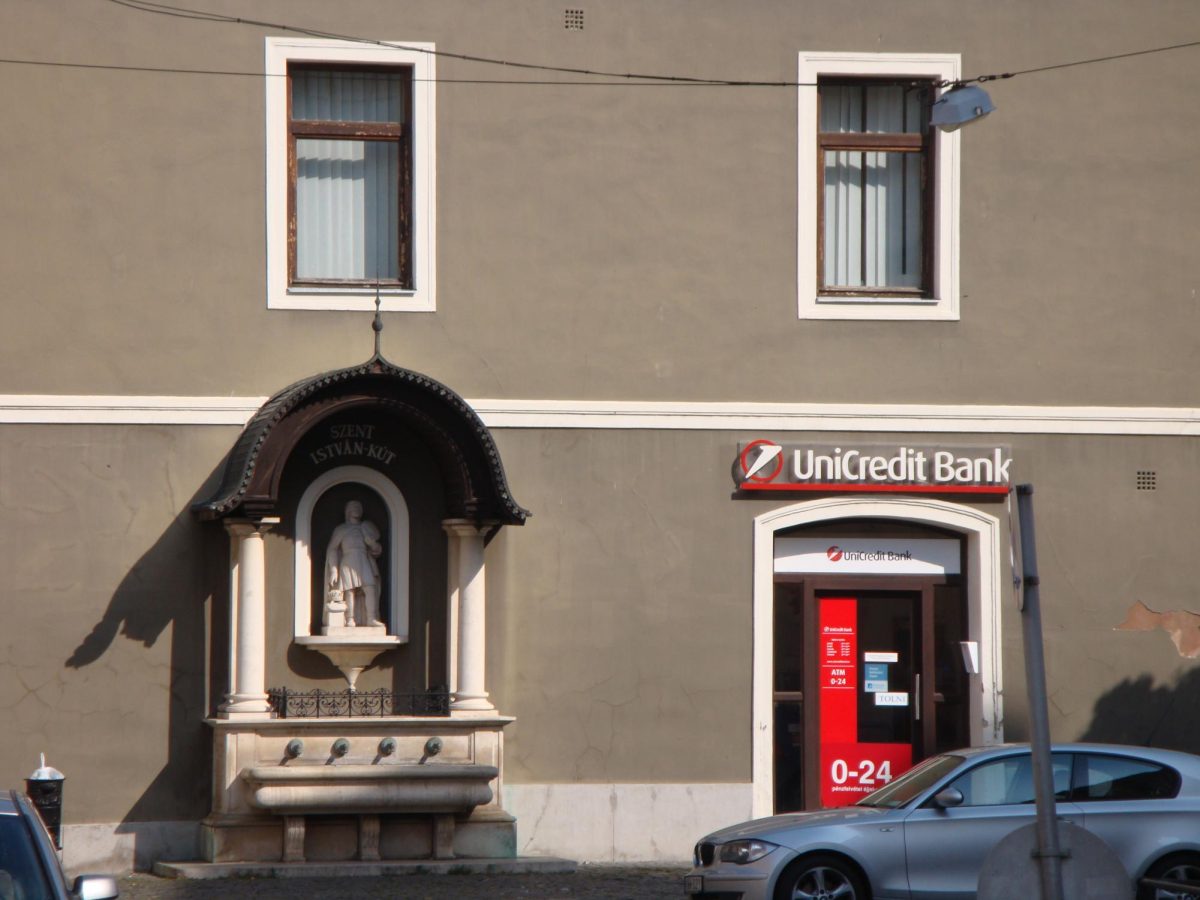Europe-based commercial bank UniCredit Group revealed a $10.5 billion all-share bid for Banco BPM S.p.A., a large bank in Italy, signaling a strategic pivot from its previously pursued acquisition of Germany’s Commerzbank. The move, led by UniCredit CEO Andrea Orcel, is part of the bank’s efforts to expand.
Under Orcel’s leadership, UniCredit has long coveted a Commerzbank acquisition to strengthen its operations in Germany and expand into Poland. However, political opposition in Germany, coupled with upcoming elections, has delayed progress.
“I don’t think this should have surprised anybody,” Orcel said in an interview with Bloomberg. “For a long time, we were clear on our strategy with respect to external growth.”
UniCredit currently owns a 9% stake in Commerzbank and a financial contract could potentially increase this to 21%.
Orcel said that integrating with Commerzbank would be feasible after 2026 once Banco BPM is fully absorbed.
The announcement of the BPM bid caused mixed reactions in the market. While BPM’s stock rose over 3%, UniCredit and Commerzbank shares fell nearly 5% and 6% respectively, reflecting investor concerns over the shift in strategy.
The acquisition aims to strengthen UniCredit’s position as Italy’s second-largest bank by assets.
The deal was expected to close by June, with a full integration of BPM within a year. However, Banco BPM’s leadership has resisted.
Banco BPM CEO Giuseppe Castagna said that the merger could lead to significant job cuts, potentially impacting over 6,000 BPM employees.
Castagna commented on the matter in an interview with CNBC and implied that BPM should remain independent, citing its strong ties to regional businesses and its recent strategic acquisitions. It includes a stake in Monte dei Paschi di Siena and a bid for Anima Holding.
“We are on the right path for growing on our own rather than becoming the object of operations that do not take into account the value expressed by our bank today and, even more so, in the near future,” Castagna said.
The bid has sparked concerns not only within BPM but also among Italian authorities. Italy’s Minister of Economy and Finance Giancarlo Giorgetti said the government would review the proposal to protect key national assets.
Regulatory action is expected, which includes a close inspection of how the bank operates.
Kian Abouhossein, head of European bank equity research and global IB coverage at JP Morgan, weighed in on UniCredit’s bid to buy Banco BPM with CNBC.
“You also have to remember from a regulatory perspective, there is a lot of executional risk,” Abouhossein said. “The regulators look at the size of the bank, they look at operational risk, they look at operational risk, management ability to integrate two banks at the same time. So, I think he’s hedging himself a little bit on these transactions.”
UniCredit’s offer comes amid a wave of consolidation in Italy’s banking sector, as lenders seek to enhance efficiency following years of cleanup on bad loans.
Orcel highlighted that merging with BPM could yield 1.2 billion euros in annual pre-tax benefits, mainly through cost reductions. He also said that additional incentives, similar to those offered in previous Italian bank mergers, could win over BPM’s shareholders.
While the BPM acquisition could solidify UniCredit’s position domestically, it marks a departure from its broader European expansion strategy. Orcel said that balancing two major deals could be risky, reinforcing the need to prioritize BPM before revisiting Commerzbank.














